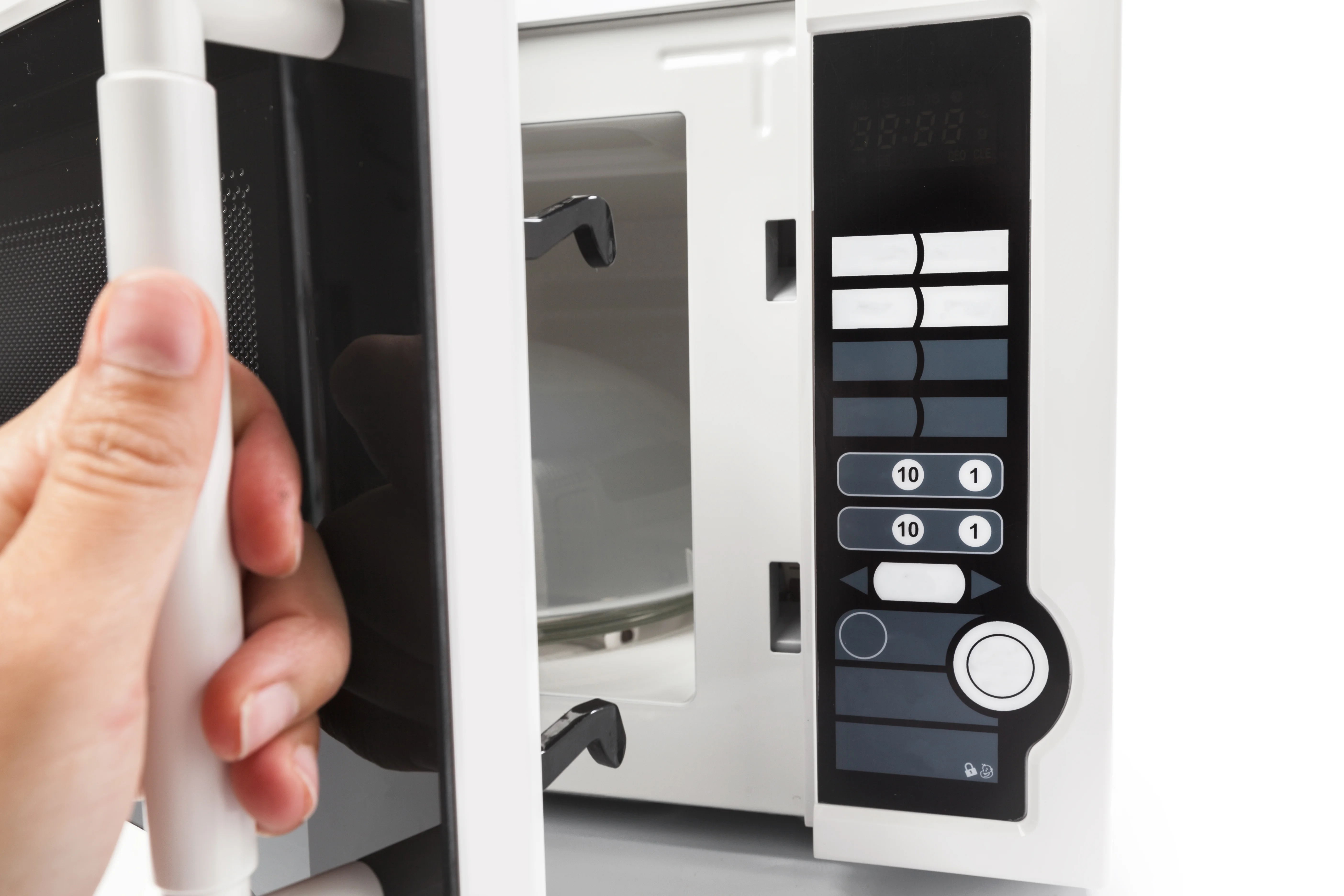GE Microwave Not Heating: Common Causes and Troubleshooting Tips
Microwaves are essential appliances in many kitchens, providing quick and convenient cooking solutions. However, when your GE microwave not heating, it can disrupt meal preparation and create frustration. Understanding the possible causes and knowing how to troubleshoot the issue can save time, money, and unnecessary stress. In this article, we’ll explore the common reasons a GE microwave may fail to heat and provide practical tips to diagnose and fix these problems.
Key Takeaways
- GE microwave not heating is often caused by a faulty magnetron, diode, door switch, or blown fuse.
- Simple troubleshooting steps can help identify the issue before calling a professional.
- Regular maintenance and inspections can prevent recurring heating problems.
- Knowing when to replace parts versus when to seek professional repair ensures safety and efficiency.
Common Signs Your GE Microwave Is Not Heating
Before diving into troubleshooting, it’s helpful to recognize the typical signs that indicate a GE microwave not heating properly. Identifying these symptoms early can help you narrow down the potential causes and decide whether a DIY fix is possible or if microwave repair in Tampa Bay Area is needed. Common signs include:
- Microwave powers on, but food remains cold.
- Microwave stops mid-cycle or shuts off unexpectedly.
- Buzzing, humming, or unusual noises during operation.
- Error codes appearing on the display.
- Turntable fails to rotate or operates inconsistently.
Recognizing these warning signs allows you to approach troubleshooting systematically, ensuring that the root cause is addressed efficiently.
Step-by-Step Troubleshooting for GE Microwave Not Heating
Once you’ve identified that your microwave is showing symptoms of a heating problem, the next step is to troubleshoot methodically. Following a structured approach helps you isolate the issue, whether it’s a minor component like a fuse or a major element such as the magnetron. Before performing any GE microwave repair, always ensure the microwave is unplugged and take necessary safety precautions.
Here’s a step-by-step guide to diagnosing and fixing a GE microwave not heating:
Step 1: Check the Power Supply
Before inspecting internal components, confirm that your microwave is receiving electricity. Sometimes, a simple outlet issue can be the cause of a GE microwave not heating.
- Ensure the microwave is plugged in and the outlet is functional.
- Test the outlet by plugging in another appliance to confirm it provides power.
Step 2: Inspect the Door Switch
The microwave will not operate unless the door is fully closed and the door switch is functioning correctly. A faulty door switch can cause your GE microwave stopped heating, even if the appliance powers on.
- Verify the door closes securely and clicks into place.
- Press the door switch manually (with power disconnected) to ensure it works.
- Replace the switch if it’s faulty.
Step 3: Test the Fuse
Internal fuses protect the microwave from power surges. A blown fuse can prevent your GE microwave does not heat, even if it appears to power on.
- Locate the microwave’s internal fuse (refer to the user manual).
- Use a multimeter to check continuity.
- Replace a blown fuse with one of the correct rating.

Step 4: Examine the High-Voltage Diode and Magnetron
The magnetron and diode are responsible for generating the microwave energy. A failure in either component will result in the microwave not heating.
- Remove the access panel with power disconnected.
- Test the diode for continuity using a multimeter.
- Inspect the magnetron for physical damage or burn marks.
- Replace faulty components as necessary, following safety precautions.
Step 5: Assess the Control Board
The control board distributes power to the magnetron and other components. If it is damaged, the microwave may turn on but still fail to heat.
- Look for burnt marks, loose connections, or visible damage.
- If the board appears damaged or fails diagnostic checks, professional repair or replacement is recommended.
Final Thoughts
If your GE microwave not heating, it can be caused by several factors including a faulty magnetron, high-voltage diode, door switch, blown fuse, or control board failure. Following a structured troubleshooting approach helps identify the problem efficiently. Minor issues can often be fixed safely at home, while more complex problems should be handled by professionals. For expert assistance, you can schedule an appointment online. Regular maintenance and timely inspections can reduce the chances of recurring heating issues and extend the life of your microwave.
FAQ
Can running a microwave empty cause it to stop heating?
Yes, running a microwave without food can damage the magnetron and lead to heating problems over time.
Why does my GE microwave heat unevenly sometimes?
Uneven heating can be caused by a malfunctioning turntable, incorrect power settings, or partial magnetron issues.
Is it safe to continue using a microwave that sometimes stops heating?
It’s not recommended. Intermittent heating may indicate a failing component, and continued use could damage the microwave or pose a safety risk.
